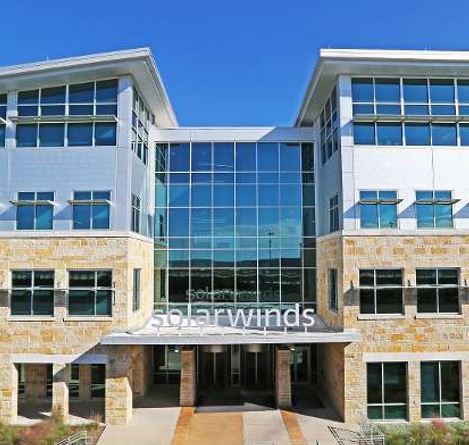SolarWinds is considering a spin-off of its SolarWinds MSP unit as an independent business.
The IT management vendor disclosed the potential transaction today in conjunction with the release of financial results for the second quarter of its 2020 fiscal year.
According to a press release on the topic, the SolarWinds board of directors has authorized the company’s management team to investigate the viability and advisability of turning SolarWinds MSP into a separately owned, publicly traded corporation.
“We are exploring a potential spin-off transaction because we believe that, if completed, a spin-off may enhance the successful operation of both the MSP and the Core IT Management businesses and increase their respective values,” said Kevin Thompson, president and CEO of SolarWinds, in prepared remarks.
“By splitting the two businesses into separate companies, it may be that the business and related investment, spending and capital allocation policies of each company could be managed consistently with each business’ objectives,” he continued. “Establishing specific and independent goals may enable both the Core IT Management and MSP businesses to manage investments and objectives that are more closely tailored to each business’ market needs and customer requirements. Should we move forward with the spin-off, we would expect that the Core IT Management business would be focused on maintaining our best-in-class profit margins, while the MSP business would be focused on long-term growth with strong, differentiated profitability metrics for a SaaS business.”
A spin-off, if ultimately recommended by SolarWinds leadership, would be subject to approval by the company’s board. The soonest a spin-off would be completed, the vendor says, is the first quarter of 2021.
SolarWinds and SolarWinds MSP are at different stages of maturity and have different opportunities ahead, the company noted in quarterly reporting materials. SolarWinds is targeting low to mid-single digit revenue growth and seeking to take share from competitors in a well-established industry segment. SolarWinds MSP, by contrast, has been increasing its top line at a 17% CAGR since the first quarter of 2018 and is poised to accelerate its pursuit of the rapidly growing managed services market through increased investment.
SolarWinds expects its MSP business to generate approximately $300 million of revenue this year.
Splitting off SolarWinds’s MSP products from the rest of its portfolio would be a departure from the “one SolarWinds” vision it has pursued in recent years, which emphasizes synergies between the company’s management solutions for corporate IT departments and its MSP line-of-business software. In 2018, for example, SolarWinds integrated its NetPath network performance troubleshooting system with its SolarWinds MSP division’s two RMM products.
SolarWinds, which was bought by private equity firm Thoma Bravo and fellow investor Silver Lake Partners in 2016 for some $4.5 billion, became a publicly listed business late in 2018. Thoma Bravo still owns a significant portion of the company.
SolarWinds MSP, which was launched in 2016 following the acquisition of cloud-based RMM vendor LOGICnow, initially combined that company’s software with the on-premises N-central platform that SolarWinds bought in 2013 along with RMM pioneer N-able. Additional acquisitions in the years since have included password management and documentation vendor Passportal, IT service desk vendor Samanage, threat monitoring and management vendor Trusted Metrics, and email security vendor SpamExperts.
News of SolarWinds MSP possibly becoming a stand-alone, publicly owned company arrives amid reports that BDR and managed services software maker Datto has confidentially filed for an IPO that could occur as soon as this year.
In January, Kaseya, another major name in MSP business solutions, disclosed tentative plans to file for an IPO in the fourth quarter of 2020. CEO Fred Voccola noted at the time, however, that shifts in IT market conditions or the global economy—which have plentiful this year—could delay those plans.














